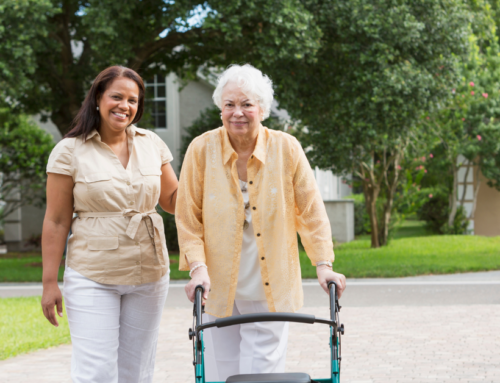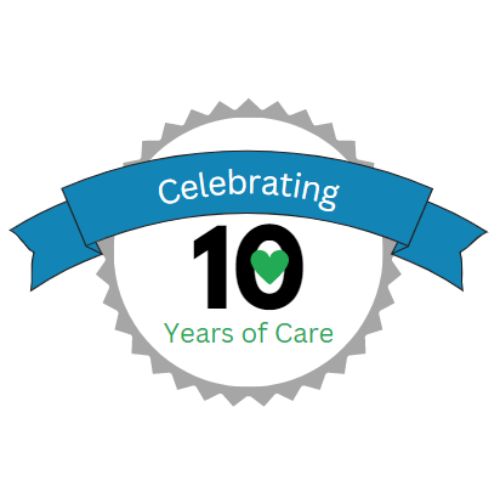Depression. It’s a word we don’t like to hear and a condition which no one wishes to experience. We commonly hear how it affects younger people. Some teenagers experience it. Young adults feel it, too. We’ve heard how it impacts celebrities and well-known figures. But, it’s also important to learn about how it affects senior citizens. Contrary to what a lot of people may believe, depression in older adults is something that occurs far too often. If you have an aging loved one, it’s definitely a good idea to learn more about risk factors for depression in older adults. And, it’s extremely helpful to find out how you can help prevent this problem from having a big impact on your loved one’s life. Having information about this matter will help both you and your aging family member to fight against the negative effects of depression.
What is Depression and How Does It Affect Us?
Depression is a mood disorder. But, it is often confused with sad emotions. Everyone feels down every once in a while. We all experience moments or even days, when we feel hopeless and sad. But, depression isn’t the same as this occasional feeling of sadness. In fact, depression itself isn’t actually an emotion. But it is, however, a condition which impacts the emotions of those who are dealing with it. In other words, depression is often characterized by extreme feelings of sadness and unpleasant moods. Depression, also called depressive disorder, impacts individuals in many different ways. Not only does it affect the way people feel, but it also affects the way they think and behave.
A depressive disorder is considered to be an illness, not simply a state of mood. This means that people can’t simply stop being depressed. It’s much more complex than that. People who have depression often struggle to lead their lives normally all the time. Depression can cause people to lose interest in things that once engaged them. And, it can make people feel hopeless, helpless and even worthless. Other symptoms of this disorder include sleeping problems, appetite changes and difficulty with focusing. Those who are living with a depressive disorder sometimes even struggle with suicidal thoughts because the illness is so overwhelming. As you can see, the symptoms of this disorder can be very intense. So, as someone who has an elderly or aging loved one, it’s very important for you to know just as much as you can about depression in older adults.
About Depression in Older Adults
Now that we’ve talked a little bit about what depression is and how it impacts people, let’s talk about how it impacts aging adults in particular. Seniors are not exempt from depression. In fact, there are countless seniors currently dealing with the effects of depression. One of the ways you can help your loved one is to recognize the risk factors as well as the early signs of it. People who are dealing with depression often have trouble sleeping and experience tiredness. Depression in older adults can happen as a result of loneliness or lack of activity. You can help your loved one to overcome depression by making sure they have the help and companionship they need.
Here at Florida First Senior Home Care, we know that depression in older adults if far too common. So we work to help your aging loved ones fight depression through our companionship care service. With our caregiver referral service, we pair families with care providers who can assist your loved one with various needs. Whether your older family member needs companionship, nursing care, help with home tasks, or some other service, Florida First can find the best caregiver for you. Contact us today to find out more about our services.







